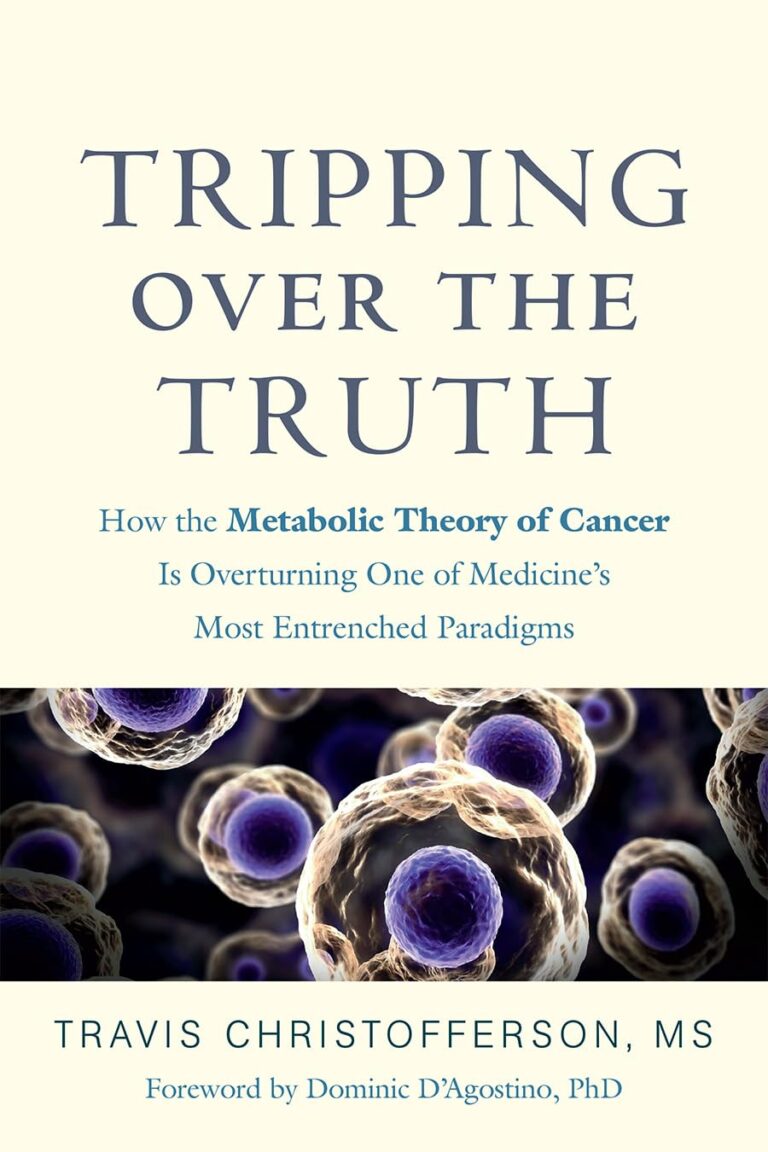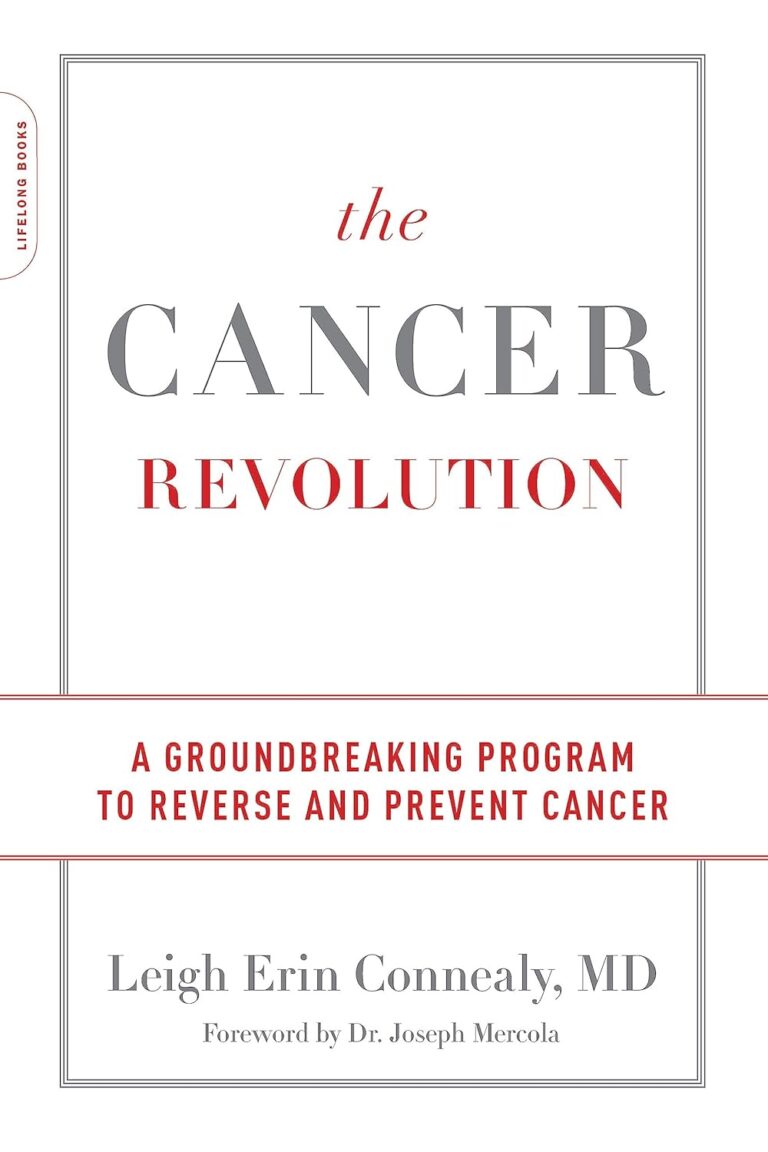Overview
Chromosome aberrations refer to alterations in the normal number or structure of chromosomes within a cell. These changes can lead to various genetic disorders, affecting an individual’s health and development. Chromosomes are structures within cells that contain DNA, the material that carries genetic information. Aberrations can occur naturally or due to environmental factors such as radiation or chemicals.
Key Information
Chromosome aberrations can be classified into two main types: numerical and structural. Numerical aberrations involve changes in the number of chromosomes, such as trisomy 21, which causes Down syndrome. Structural aberrations involve changes in the chromosome’s structure, such as deletions, duplications, inversions, or translocations. These abnormalities can lead to a variety of health issues, including developmental delays, congenital malformations, and increased risk of certain cancers.
Clinical Significance
Understanding chromosome aberrations is crucial for diagnosing and managing genetic disorders. Genetic testing can identify these aberrations, allowing for early intervention and management of potential health issues. In prenatal testing, detecting chromosome aberrations can help expectant parents make informed decisions about their pregnancy. Moreover, research into chromosome aberrations has led to advancements in personalized medicine, particularly in cancer treatment, where identifying specific genetic changes can guide targeted therapies.
Treatment & Management
While some chromosome aberrations cannot be corrected, management focuses on treating symptoms and improving quality of life. For example, individuals with Down syndrome may benefit from early intervention programs, physical therapy, and specialized educational support. In cases where chromosome aberrations are linked to cancer, targeted therapies and personalized treatment plans are developed based on the specific genetic changes involved.
Patient Resources
Numerous resources are available for patients and families affected by chromosome aberrations. Genetic counseling services can provide support and information about the implications of genetic testing results. Organizations such as the National Society of Genetic Counselors and Genetic Alliance offer educational materials and support networks for individuals and families dealing with genetic disorders.
Frequently Asked Questions
- What causes chromosome aberrations?
Chromosome aberrations can result from errors during cell division, exposure to environmental factors like radiation, or inherited genetic mutations.
- Can chromosome aberrations be prevented?
While not all chromosome aberrations can be prevented, reducing exposure to harmful environmental factors and seeking genetic counseling can help manage risks.
- How are chromosome aberrations detected?
Chromosome aberrations are typically detected through genetic testing methods such as karyotyping, FISH (fluorescence in situ hybridization), or DNA sequencing.

















Comments
Thank you. Comment sent for approval.
Something is wrong, try again later